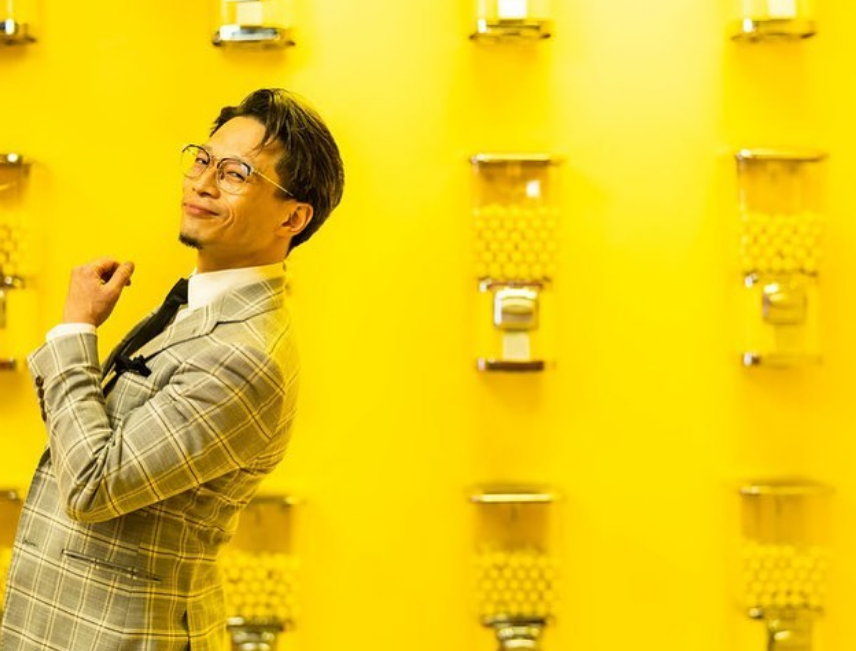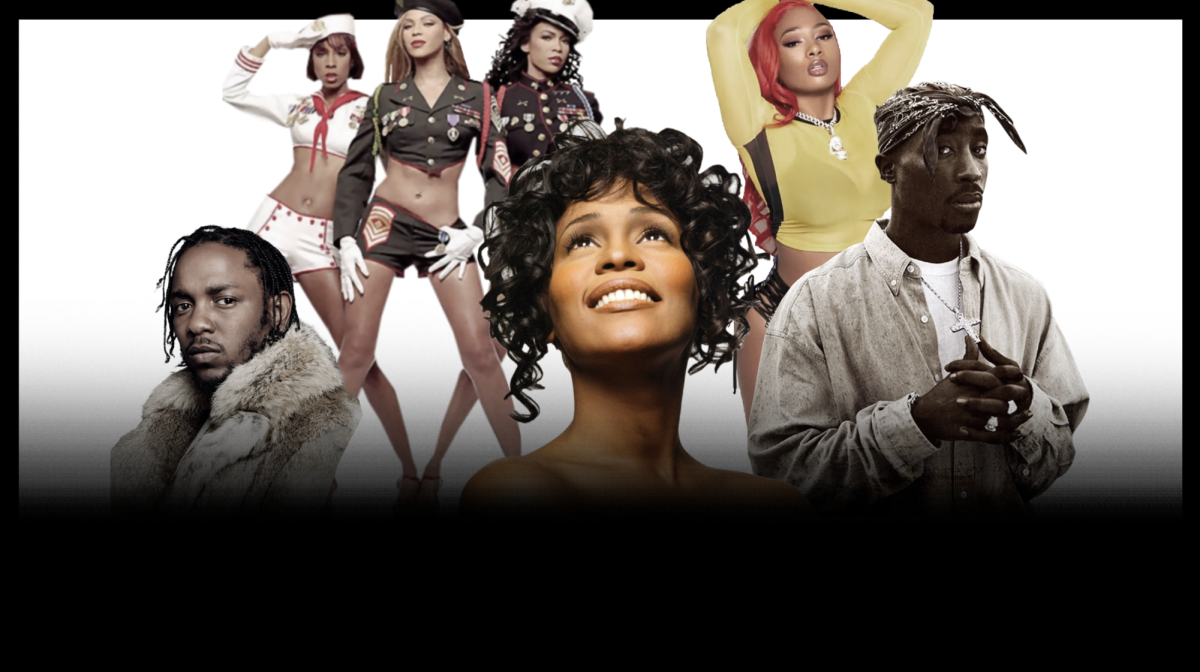Preacher Lawson, three-time “America’s Got Talent” finalist, actor and stand-up comedian, is currently traveling across the continent of North America on his Funny as Bleep tour. The tour’s second date is at 9 p.m. on Oct. 25 in the SURC Ballroom at Central Washington University. “If you ask a lot of people what they want to do, I think the majority would say travel,” Lawson said. “A lot of people want to travel, which is great because you become cultured, you learn a lot, you grow. Yeah, I think it’s a nice little job.”
Lawson’s comedy career began right before he turned 18 in 2009, beginning at the University of Memphis. Lawson expanded his professional stand-up career by auditioning for “America’s Got Talent,” and went upwards from there. “I used to watch ‘American Idol’ growing up, so seeing Simon [Cowell] in person was pretty surreal,” Lawson said. “It was cool.”
Lawson wasn’t the stereotypical class clown as a kid. He was more the quiet and reserved type. “I was very quiet, unless everybody in the class was quiet, then I was like ‘Alright,’” Lawson said. “Some people just really want attention. First off, everyone does. Let’s just put that out there. No one wants to be ignored, but some people just want it a little more.”
To Lawson, stand-up comedy is more about work ethic and technique. “Get on stage immediately and just do comedy a lot,” Lawson said. “I think humor is like athleticism. Some people are born a little more athletic than other people, then there’s some people that are just born a little funnier. But, I don’t care how athletic you are, you still have to learn how to shoot a basketball or dribble… You need to learn technique.” He iterated on this saying that, like with sports, if you practice every day you will be better. “Write every day like it’s your morning coffee,” Lawson said. “You should do it anyway for your mental health.”
Speaking on the qualities a comedian should have, Lawson mentioned authenticity. “People love that,” Lawson said. “Especially now, they want you to be authentic to yourself.” He carried on saying that comedians should also work very hard at their craft, despite their job seemingly being exciting. “It’s not supposed to be fun, it’s a job,” Lawson said. “You’re not supposed to like jobs because they’re working, and that’s the trade off.”
Though being famous is absolutely work, Lawson still enjoys some aspects. “I think I have the perfect amount of fame, where if I go outside there’s people that recognize me,” Lawson said. “But it’s not like ‘I just want to eat food with my family.’” Though to Lawson, being commonly recognized still comes with its fair boundaries. “I don’t like when people take pictures, or videos of me without my permission,” Lawson said. “I think that feels uncomfortable… It’s like, I never said I wanted to be recorded.”
Lawson is a clean comedian. Clean comedy is a genre of comedy that works in avoidance of “shock value” humor, such as profanity or jokes that would generally be considered derogatory. As a clean comedian, he has a unique perspective on backlash comedians face by speaking on controversial topics.
“Anyone’s going to get upset,” Lawson said. “But if it’s a large group of people that are upset, I think it’s usually because the comedian did a bad job of conveying that joke. Comedians, we’re just storytellers. We’re the same thing as when you go to the movies… and lose yourself for an hour and 30 minutes. You know, you would leave the theater feeling refreshed like ‘That was a good time.’” He continued saying that people have different tastes in movies, and the same goes for stand up comedians. “If you go into the movie theater and you don’t like the movie, you probably should have looked up the director,” Lawson said.
He also thinks there’s an importance in owning up to mistakes in stand-up comedy. “There’s this narrative that you shouldn’t apologize,” Lawson said. “Which I think is stupid. I think there are times that a comedian should apologize, and then they don’t do it because they’re like ‘No, I’m a comedian,’ and it’s like ‘No, actually that you should apologize for.’” Conversely, Lawson said he doesn’t like the censorship aspect of critiquing comedy. “I really believe that anyone can talk about anything,” Lawson said. “But I do think sometimes… We say dumb things. [Like] ‘My bad. That was dumb, what I said.’”








